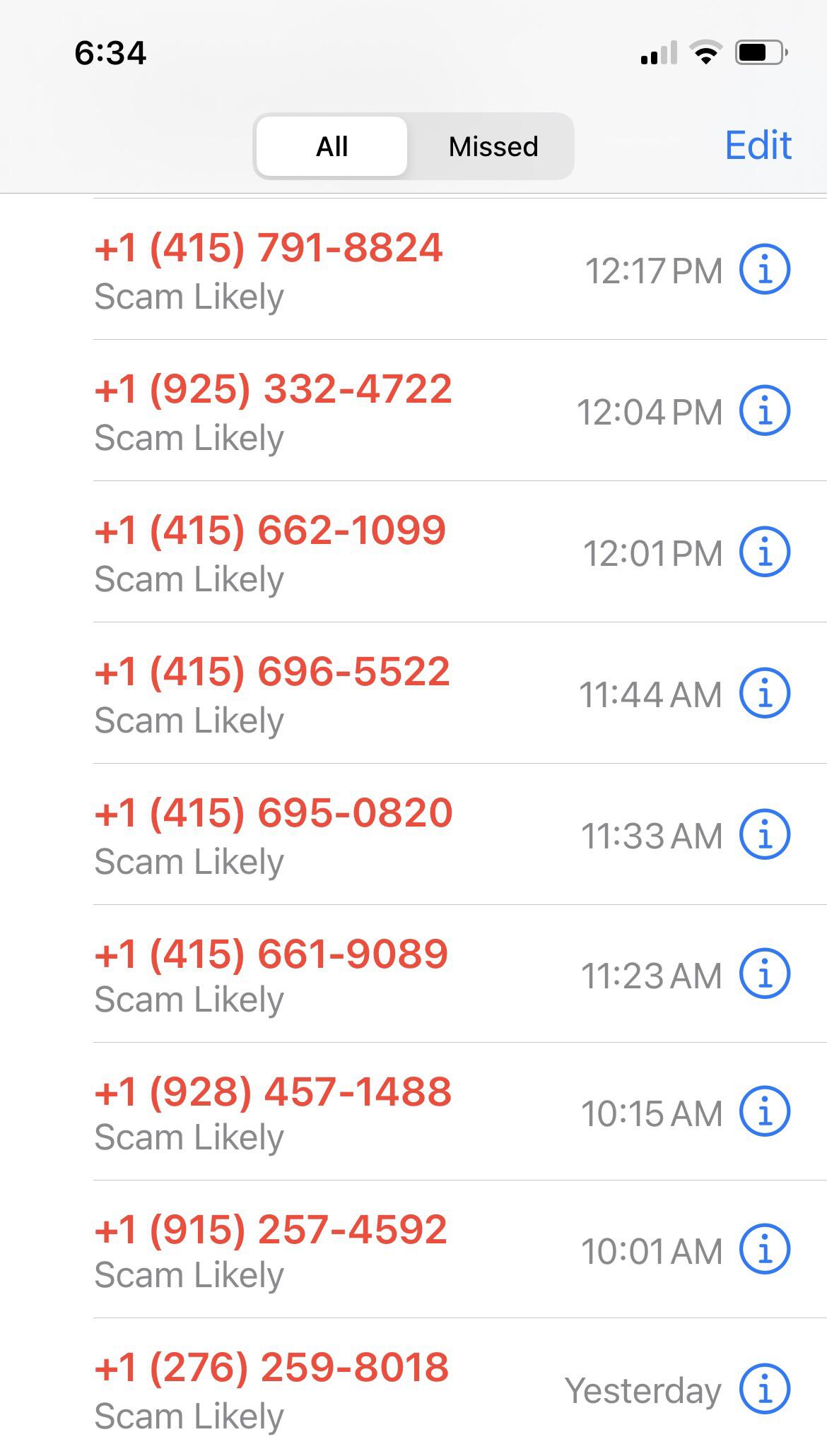Scams
Are you tired of constantly dodging those ‘Scam Likely’ calls? Let’s delve into what lies behind this label and discover how you can outsmart phone scammers.
18 Nov 2024
•
,
5 min. read

Despite the incredible advancements in technology, sometimes it’s the traditional methods that we rely on the most. When it comes to communication, many of us still prefer the good old-fashioned voice, even with options like email, video calls, and social media at our disposal.
Unfortunately, scammers are well aware of this vulnerability, knowing that we are more susceptible to their tactics when engaged in a conversation. Our innate trust in spoken words and the instant nature of voice communication make it easier for scammers, including robocallers, to manipulate us using social engineering techniques.
So, how can we better protect ourselves from these dodgy phone calls?
Decoding “Scam Likely”
If you’ve seen a “scam likely” label on your incoming calls, it means your service provider suspects malicious intent from the caller on the other end. Labels like “suspected scam,” “potential spam,” or “potential fraud” serve as warnings from your carrier.
Service providers use various methods to identify potential scams, including customer reports and network analytics. They compile a database of “scam likely” numbers to alert users of potential threats.

 It’s crucial to take these warnings seriously. Research indicates that global phone fraud and spam reached record levels last year, with 28% of unknown calls being fraudulent or spam, leading to financial losses for 16% of consumers.
It’s crucial to take these warnings seriously. Research indicates that global phone fraud and spam reached record levels last year, with 28% of unknown calls being fraudulent or spam, leading to financial losses for 16% of consumers.
Protecting Yourself from Scammers
To shield yourself from scam calls, it’s essential to pay attention to warning labels and treat unknown numbers with caution. Legitimate callers are likely to leave a voicemail if important. However, managing a large volume of potential spam/scam calls can be overwhelming. Other strategies include:
- Registering with the Do Not Call registry: Many countries have national registers to prevent telemarketers from contacting registered numbers.
- Contacting data brokers: These entities play a key role in the phone scam ecosystem. You can reach out to them directly to opt-out of their services.
- Blocking spam numbers: If you receive a scam call, you can block the number to prevent future contact.
Remember never to disclose personal or financial information over the phone or allow remote access to your devices.
Government Actions Against Scams
The rise of fraudulent robocalls has prompted governments to take action. In recent years, regulators have imposed substantial fines on robocall firms, VoIP providers, and scam companies to combat this issue. Despite these penalties, scammers continue to exploit vulnerabilities, making it crucial for individuals to remain vigilant against scam calls.




